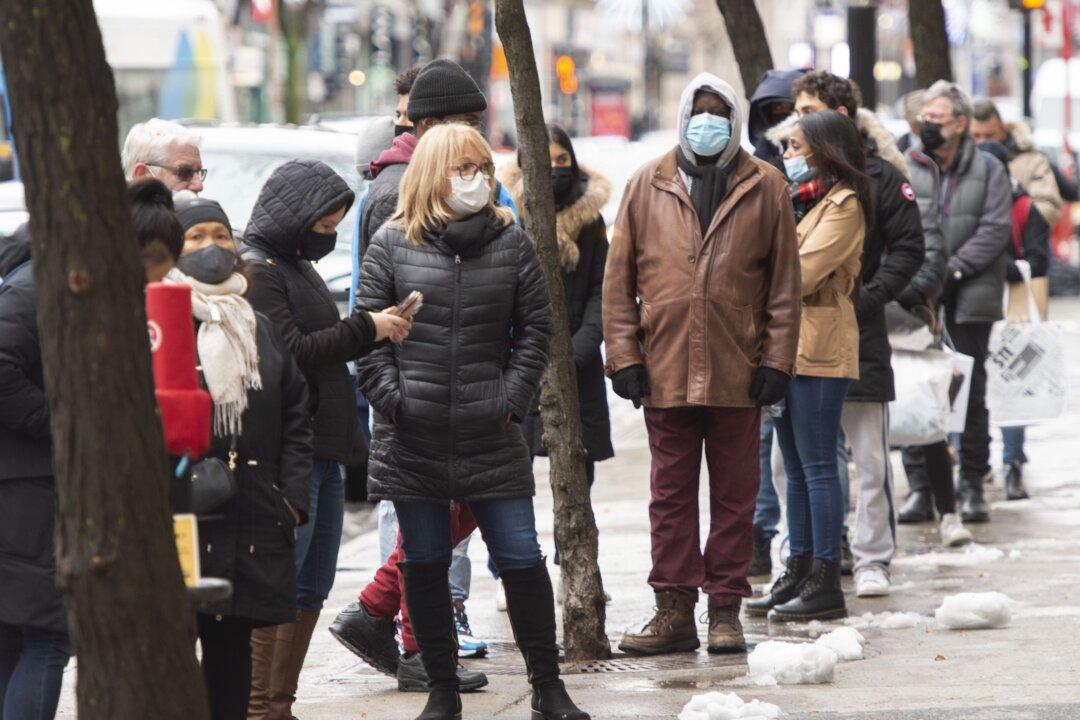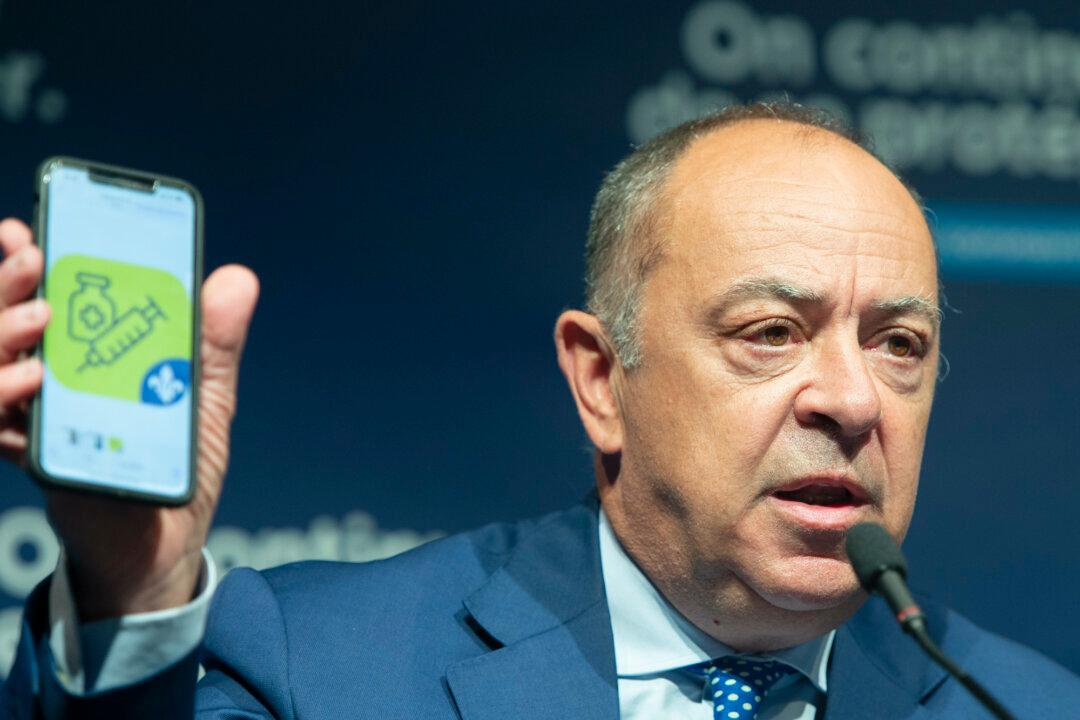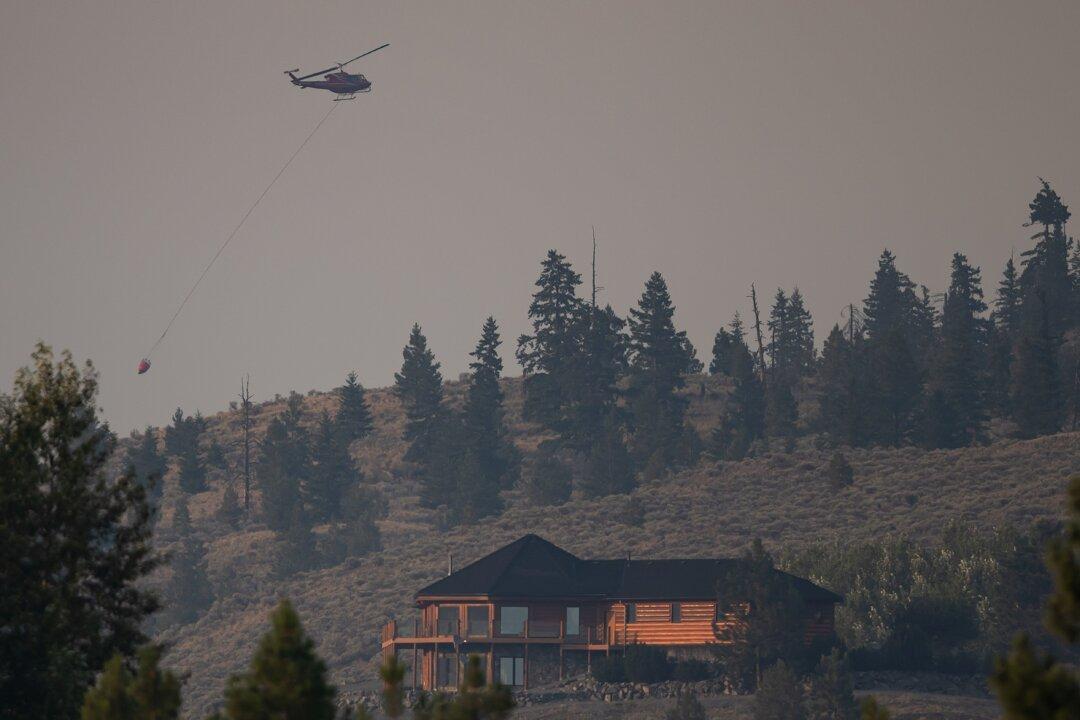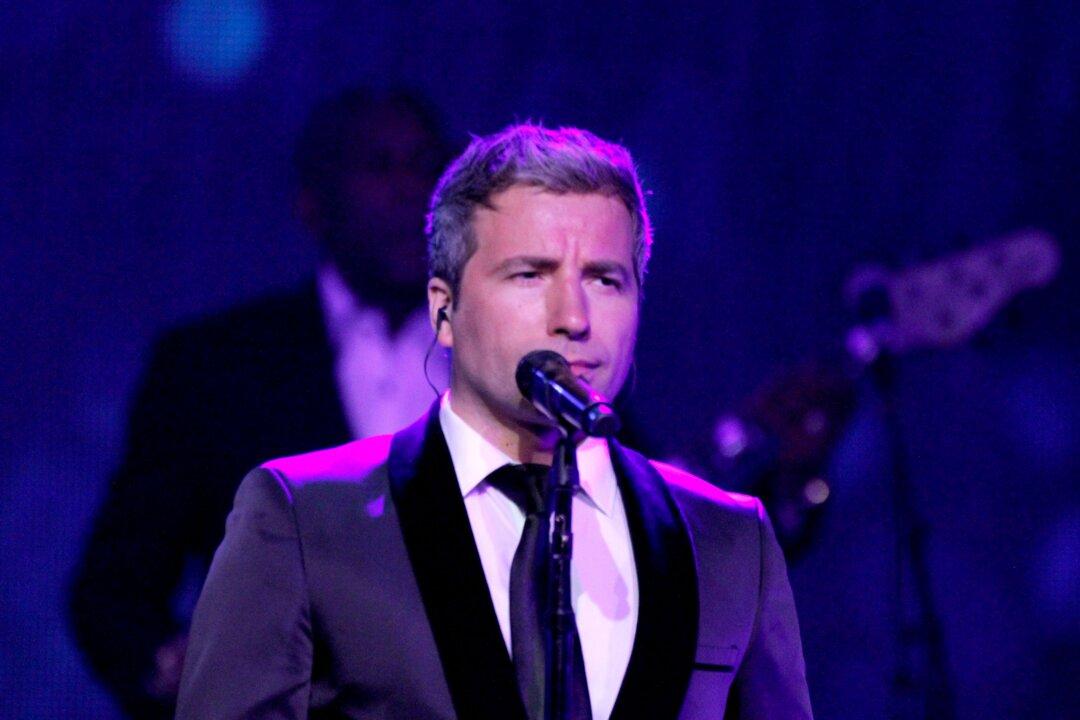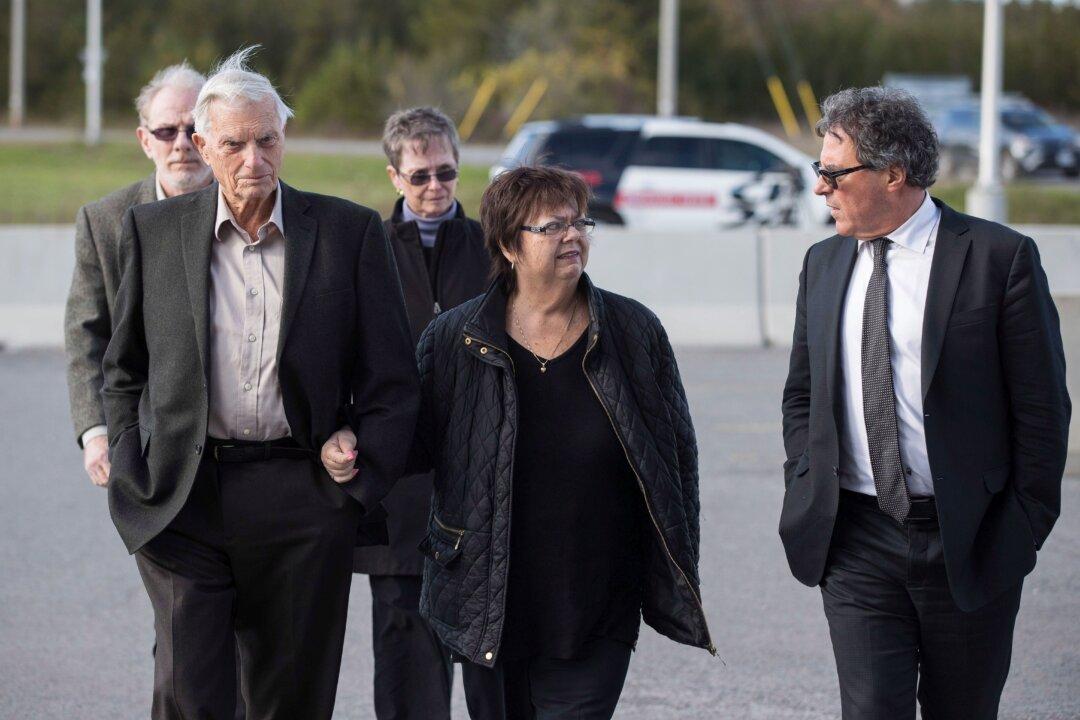As COVID-19 restrictions ramp up across the country, an Alberta doctor stands by his “lay language and blunt” repudiation of such measures that he made to Edmonton city council recently, while a recording of his comments and related memes continue to be shared across social media.
“I take the Hippocratic Oath extremely seriously. The first line is do no harm, and that is what motivated my presentation,” Dr. Roger Hodkinson told The Epoch Times regarding his statement against pandemic restrictions to Edmonton city councillors on Nov. 13.
